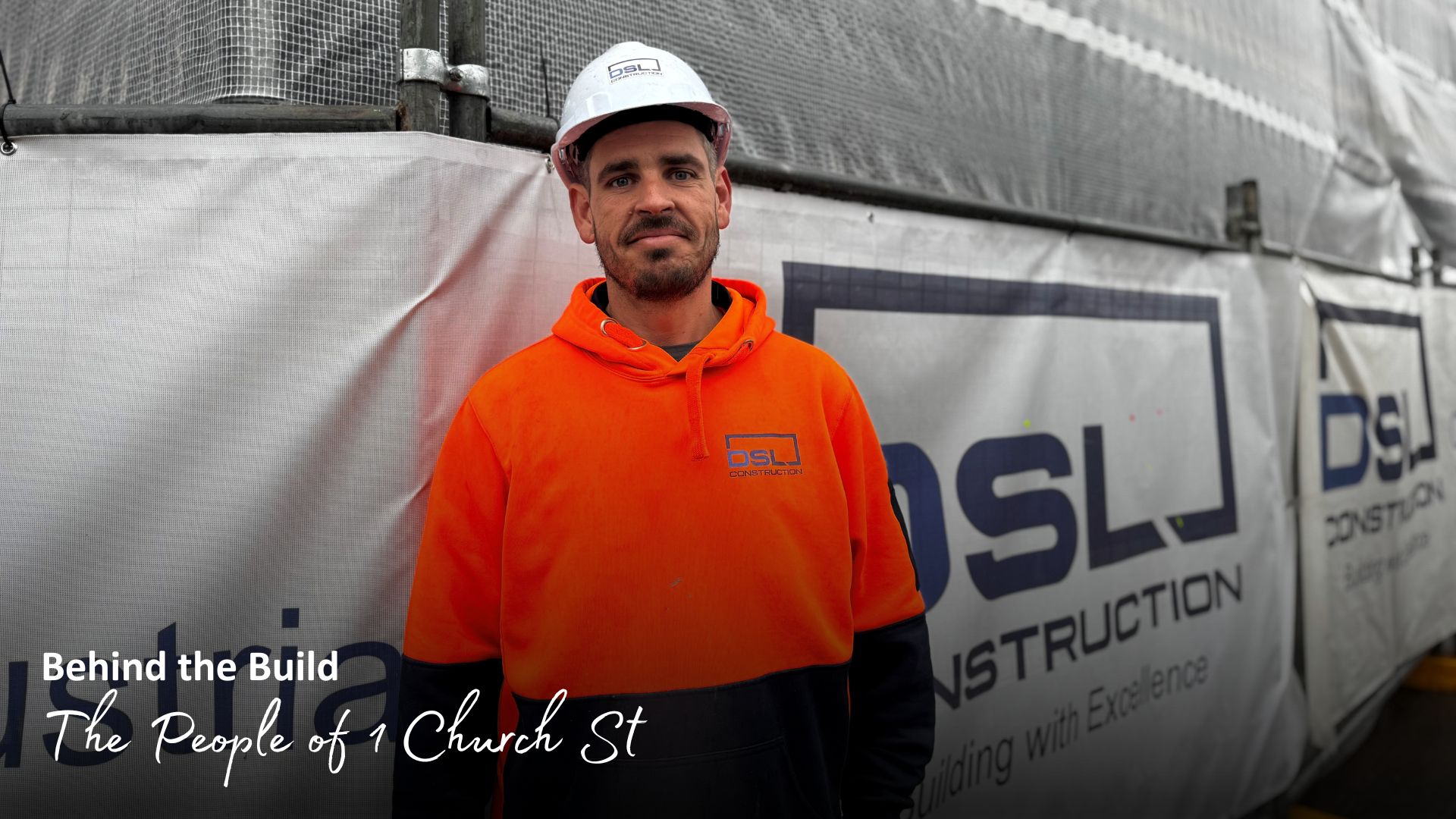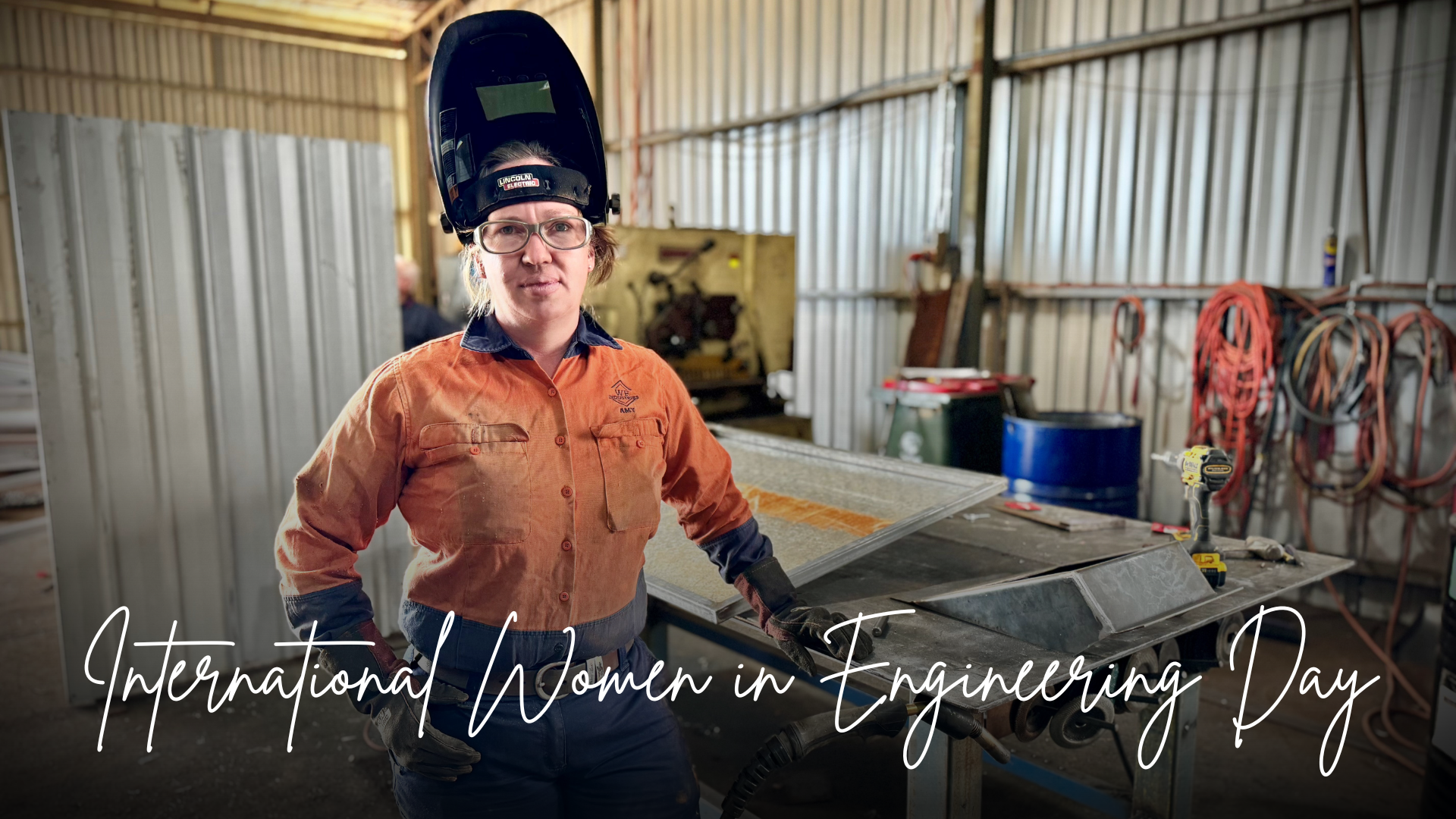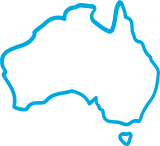
Wouldn’t it be great if you could electronically store all your tertiary and VET qualifications and training in one location and then share this information with employers to demonstrate your credentials when applying for a job?
Well, good news! The Australian Government thinks it is a great idea too and has decided to move forward with a National Skills Passport in consultation with industry groups, unions, tertiary institutions and students as a key component of its most recent employment white paper released in late September this year.
It is understood the National Skills Passport could operate like a digital ID for qualifications and training and may work similar to the current Medicare app which provides information on digital health records, such as immunisation statements.
A National Skills Passport would have a number of benefits:
- As mentioned above – it allows workers to combine and manage all their tertiary and VET qualifications in one digital location
- Workers can add tertiary or VET qualifications they complete over time to the passport – this supports continuous learning throughout a worker’s career
- Workers can take their National Skills Passport with them wherever they go – it will be held in a centrally secure digital location and can be accessed from anywhere
- Workers can share their tertiary and VET qualifications with potential employers
- Employers can access information about potential employees in a standardised format which will help them verify candidate credentials and ensure they are getting workers with the skills they need. This should also decrease the cost of recruitment for employers and increase the speed at which they can hire personnel.
The National Skills Passport is seen as an important component of an Australian labour market which needs to be responsive to future changes, and provides benefits to all stakeholders, including employees, businesses and communities.
Treasurer, Jim Chalmers explains this further:
“It’s vital that we build a more agile and adaptable labour force. Our economy is rapidly changing, and the demands on workers and employers are changing too. We want to make it easier for more workers in more industries to adapt and adopt new technology and to grab the opportunities on offer in the defining decade ahead of us.”
Similar skills passports operate successfully in other countries. For example, Singapore introduced a digital skills passport in 2019 which provides a record of a person’s accredited skills and qualifications, and the European Union introduced the Europass in 2004 which helps people share their skills and qualifications across the EU.
So, when is the National Skills Passport commencing in Australia?
At the moment the National Skills Passport is only a concept – but a well-supported one. The idea has the backing of a number of employment stakeholders, including industry, employer groups, and tertiary institutions.
The Australian Government has committed $9.1 million to developing a business case for creating the National Skills Passport. This business case will ‘define the scope, outcomes and benefits’ of the concept to ensure it ‘understands the needs and demands’ on different users and stakeholders.
You may also like

“Every day you learn something new.” – Wes Nixon
A Passion for Building and Community Celebrating 13 […]

International Women in Engineering Day
Meet Amy Shepard – Welding & Fabrication Apprentice […]
 Skillset would like to acknowledge and pay respect to the traditional custodians of the lands on which we work.
Skillset would like to acknowledge and pay respect to the traditional custodians of the lands on which we work.We are honoured to be on the ancestral lands of those whose cultures are among the oldest living cultures in human history. We pay respect to the Elders, past, present and to the younger generation of the community who will be the future leaders in years to come.

